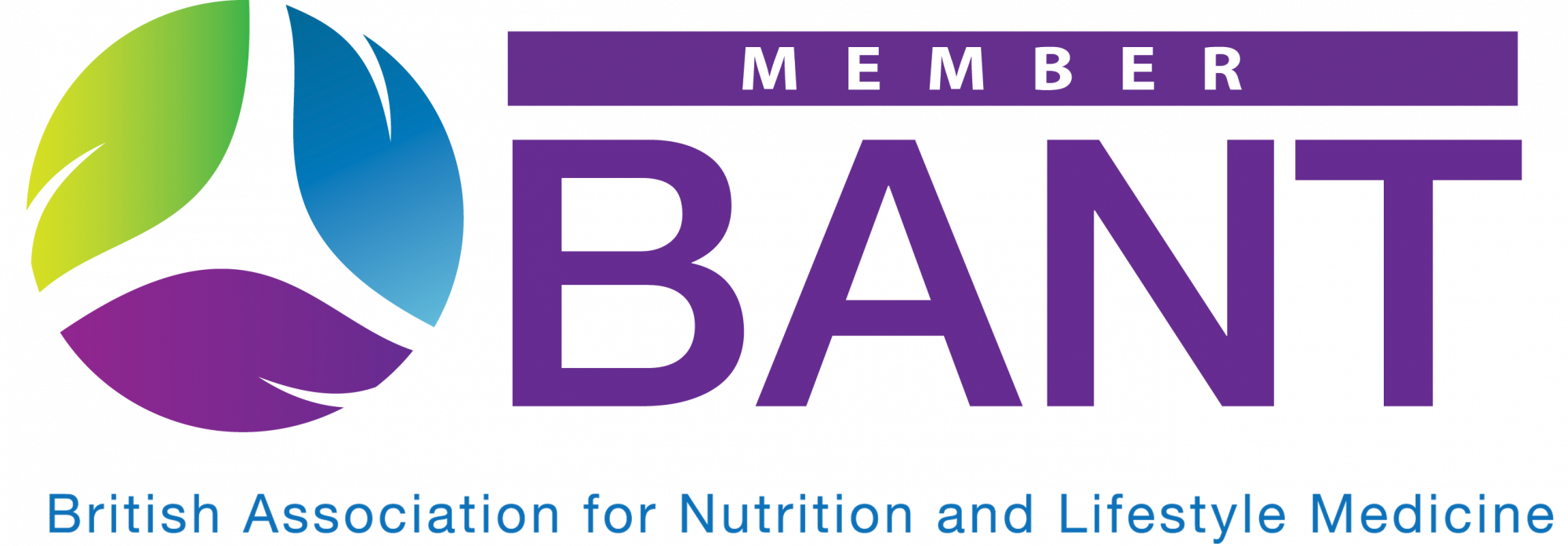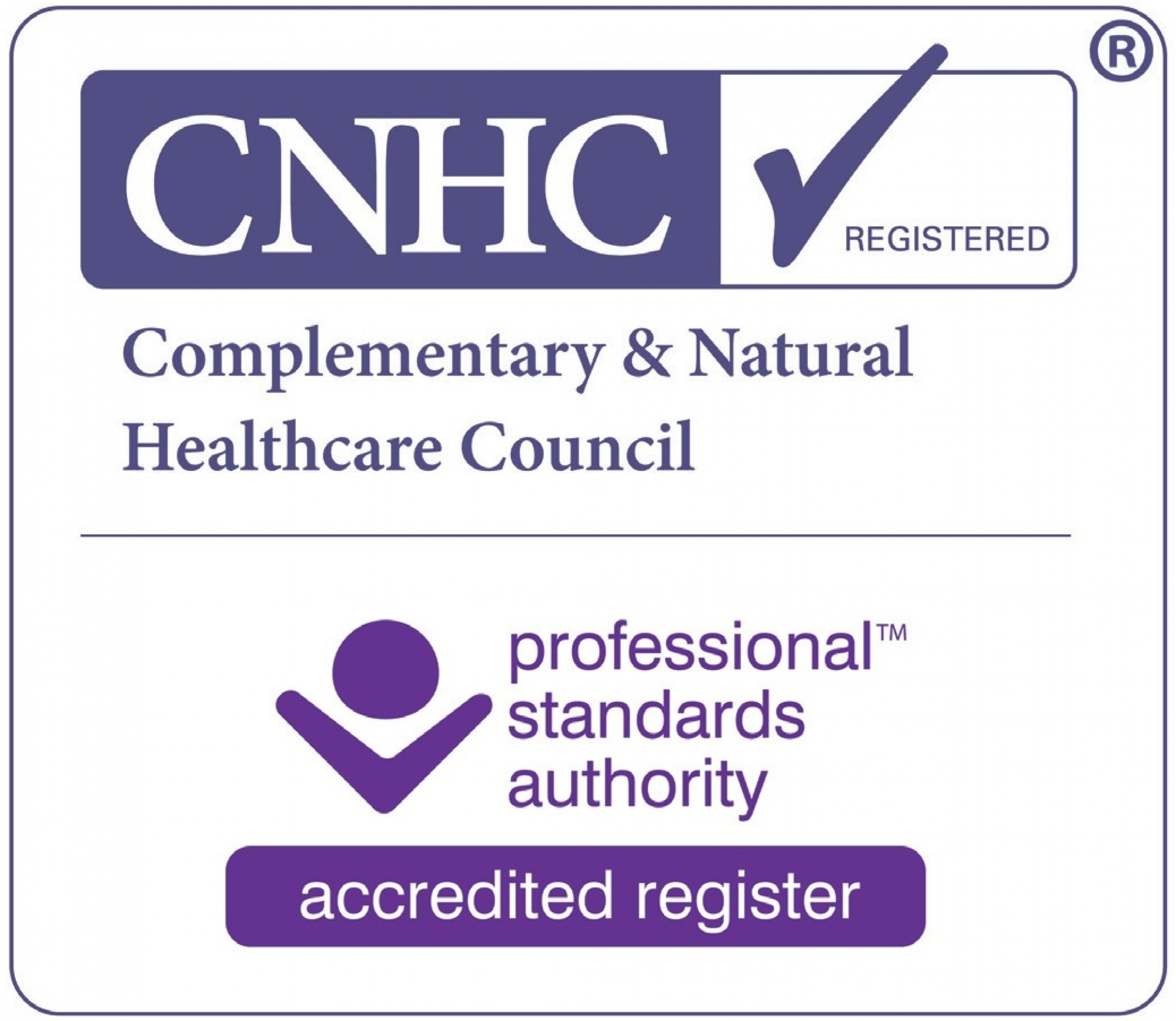What is Nutritional Therapy?
Nutritional therapy is the application of nutrition science in the promotion of health, peak performance and individual care. Nutritional therapy practitioners use a wide range of tools to assess and identify potential nutritional imbalances and understand how these may contribute to an individual’s symptoms and health concerns. This approach allows them to work with individuals to address nutritional balance and help support the body towards maintaining health.
Nutritional therapy is recognised as a complementary medicine and is relevant for individuals with chronic conditions, as well as those looking for support to enhance their health and wellbeing.
Practitioners consider each individual to be unique and recommend personalised nutrition and lifestyle programmes rather than a ‘one size fits all’ approach. Practitioners never recommend nutritional therapy as a replacement for medical advice and always refer any client with ‘red flag’ signs or symptoms to their medical professional. They will also frequently work alongside a medical professional and will communicate with other healthcare professionals involved in the client’s care to explain any nutritional therapy programme that has been provided.




